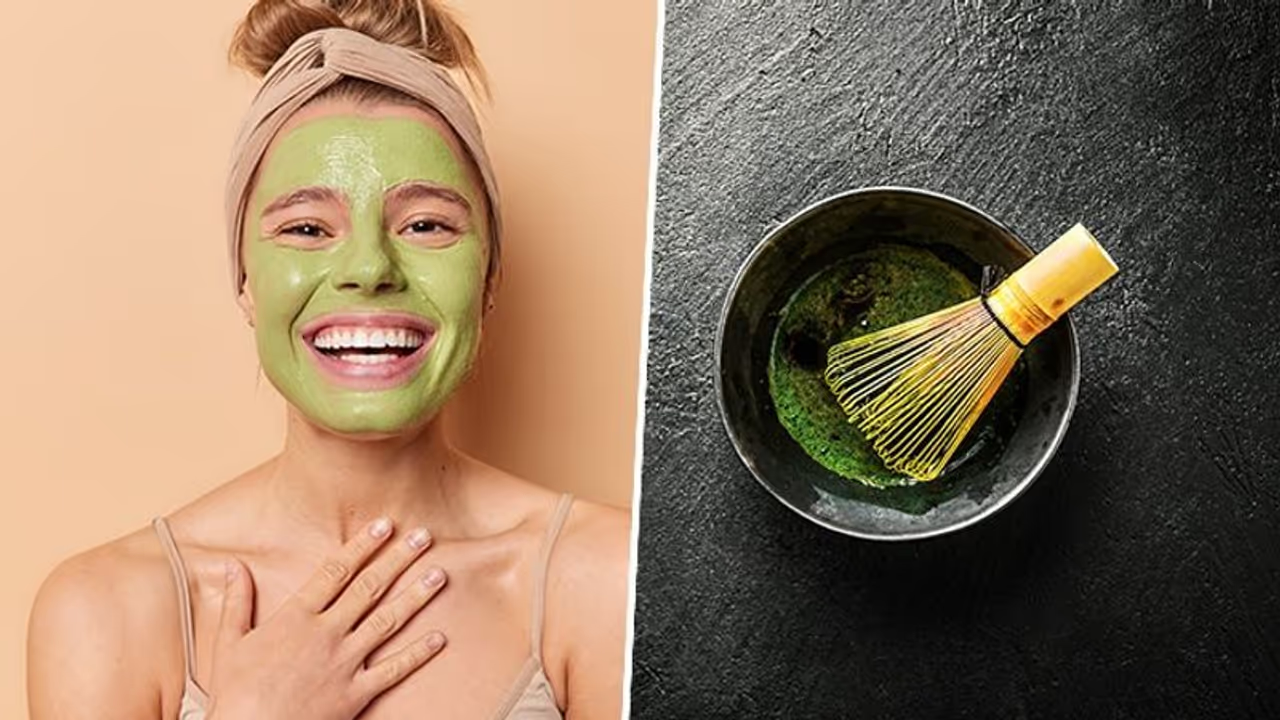Discover the beauty benefits of matcha tea masks for radiant skin. Explore 7 compelling reasons why incorporating matcha into your skincare routine can lead to a natural and rejuvenated complexion.
The quest for radiant and youthful skin often leads us to explore various skincare rituals, and one such hidden gem is matcha tea masks. Beyond its popularity as a trendy beverage, matcha boasts a plethora of skin-enhancing qualities that can transform your complexion. Here are 7 compelling reasons why incorporating matcha tea masks into your skincare routine is a beauty game-changer:

1. Packed with Antioxidants
Matcha tea is renowned for its high concentration of antioxidants, particularly catechins. These powerful compounds help combat free radicals, reducing premature ageing and promoting a healthier skin texture.
2. Calming Inflammation
The natural anti-inflammatory properties of matcha tea make it an ideal ingredient for soothing irritated skin. Applying a matcha mask can help alleviate redness and promote a more balanced complexion.
3. Detoxification
Matcha contains chlorophyll, which aids in detoxifying the skin by eliminating impurities and toxins. A matcha tea mask can assist in unclogging pores and preventing breakouts.
4. Boosts Collagen Production
The epigallocatechin gallate (EGCG) found in matcha tea supports collagen production, enhancing skin elasticity and reducing the appearance of fine lines and wrinkles.
ALSO READ: Try these 7 chia seeds face masks for natural skin glow
5. Nourishing Hydration
Matcha tea masks offer deep hydration, benefiting all skin types. The vitamins and minerals present in matcha work to maintain the skin's moisture barrier, leaving it supple and dewy.
6. Gentle Exfoliation
The finely ground matcha leaves in the mask provide a gentle exfoliation, removing dead skin cells and promoting a brighter complexion. This natural exfoliation process can help reveal a youthful glow.
ALSO READ: Hygge skincare: 7 ways to soak into this Danish tradition
7. Natural UV Protection
Matcha tea contains EGCG, which has been found to offer some level of protection against UV damage. While not a substitute for sunscreen, using matcha masks can provide an additional layer of defence against harmful rays.
